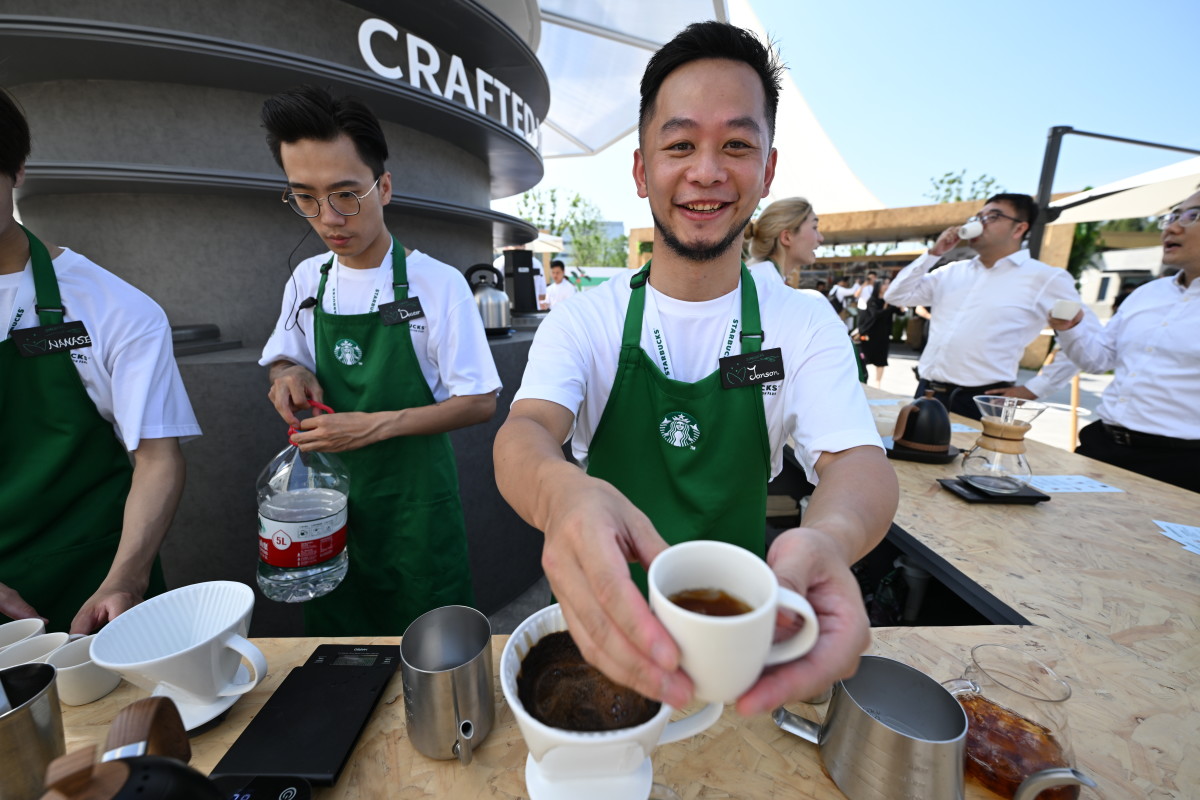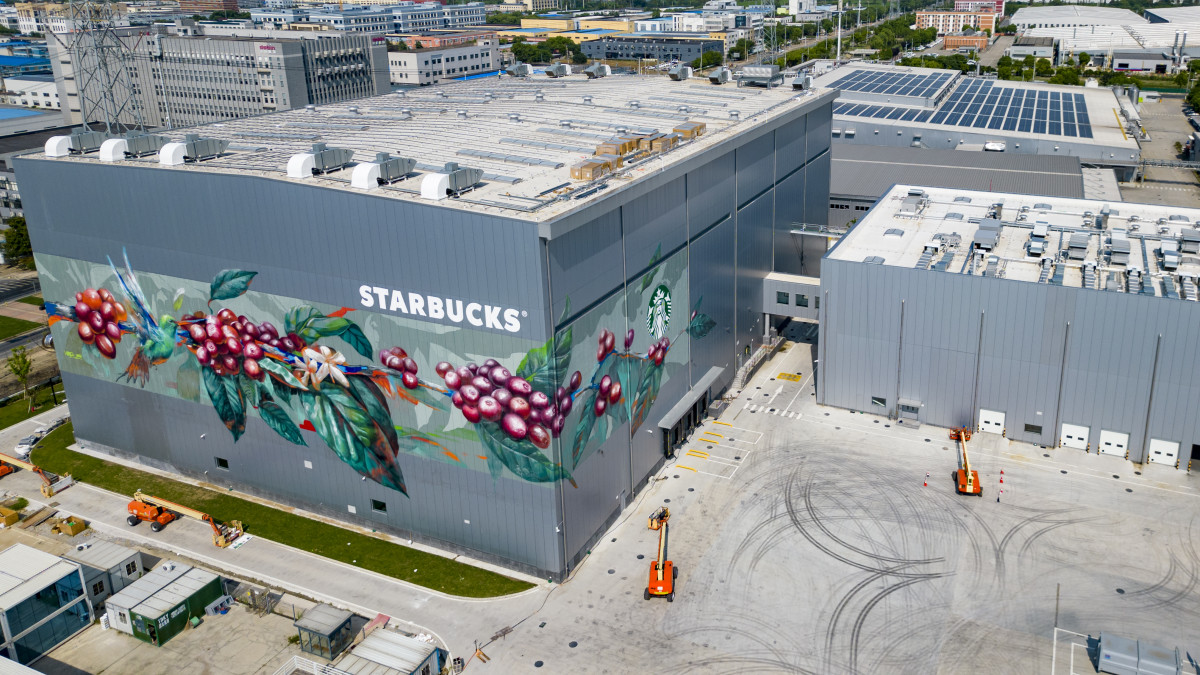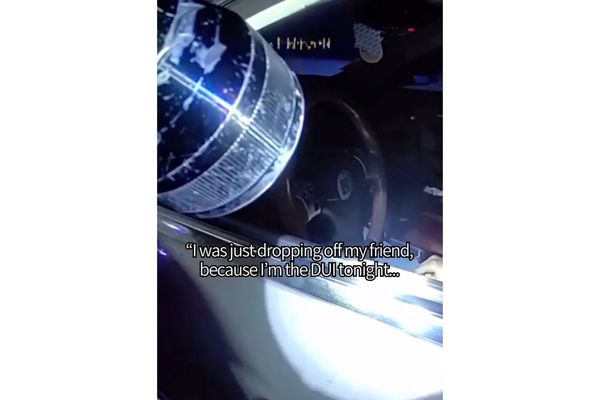
If you find yourself worried inside a Starbucks (SBUX) -), chances are, you're thinking about something small and personal.
Maybe you're thinking about the coffee being too hot or too cold. Perhaps it's about the long line that wraps around the counter. Or maybe you're concerned there aren't enough seats open to do a little work inside the cafe.
Related: Walmart introduces a game-changing feature customers will love
But as you rush through your day, stopping to obtain a caffeine fix, you probably aren't thinking about the effect large corporations have on the environment, the growing sustainability crisis, and how crops may or may not adjust to a changing climate.
Lucky for you, one such large corporation is spending its day thinking about those things.
That corporation is Starbucks, which in recent months has been spending quite a lot of time dwelling on sustainability and environmental responsibility.
Just last month, Starbucks (SBUX) -) ramped up the idea of making reusable cups a very serious reality in the near future.
“Our vision for the cup of the future — and our Holy Grail, if you will — is that the cup still has the iconic symbol on it. It’s just as a reusable cup,” Starbucks sustainability head, Michael Kobori, said in mid-September.
At the moment, the chain still has a long way to go. As of 2022, only 1.2% of its cups sold were reusable or recyclable. But it's been piloting programs in select locations around the country to drive excitement and acceptance for the proposed program.
But that's not the only plan Starbucks has to reduce waste and withstand climate change. It's taking a look at every bit of its process, from coffee pod to coffee cup.
Starbucks is developing a new coffee product
Starbucks claims that it is working on a scientific breakthrough that enables its coffee to better stand up to climate change.
No, it's not picketing with Greta Thunberg warning of the dangers of greedy corporations and single-use plastic.
It's been working with scientists and farmers to develop coffee seeds that more strongly resist some of the factors typically associated with climate change, such as warmer temperatures, harsher storms, and plant diseases.

The company said that through the project, led by research and development agronomists, "we’ve developed six climate-resistant coffee varietals that have a combination of good yield and great taste."
The six varietals are heartier and believed to better withstand common issues with crops, like coffee leaf rust, as well as more extreme weather. They are also expected to yield more crops in less time.
The six types, plus associated flavor notes are:
- San Isidro 35: Melon, honey, sugar cane
- San Isidro 48: Chocolate, almonds, walnut and caramel
- San Roque: Citrus, lemon, chocolate and caramel with a dense sweetness
- San Isidro 6: Sweet, fruity, citrus, orange, herbal, floral
- San Isidro 49: Honey, walnut and vanilla
- Victoria-14: Citrus, sweet, notes of honey
Starbucks will offer these six new varietals to farmers via its "open-source agronomy initiative, whether they sell to Starbucks or not."
Currently, Starbucks works with around 400,000 farmers in 30 countries.







